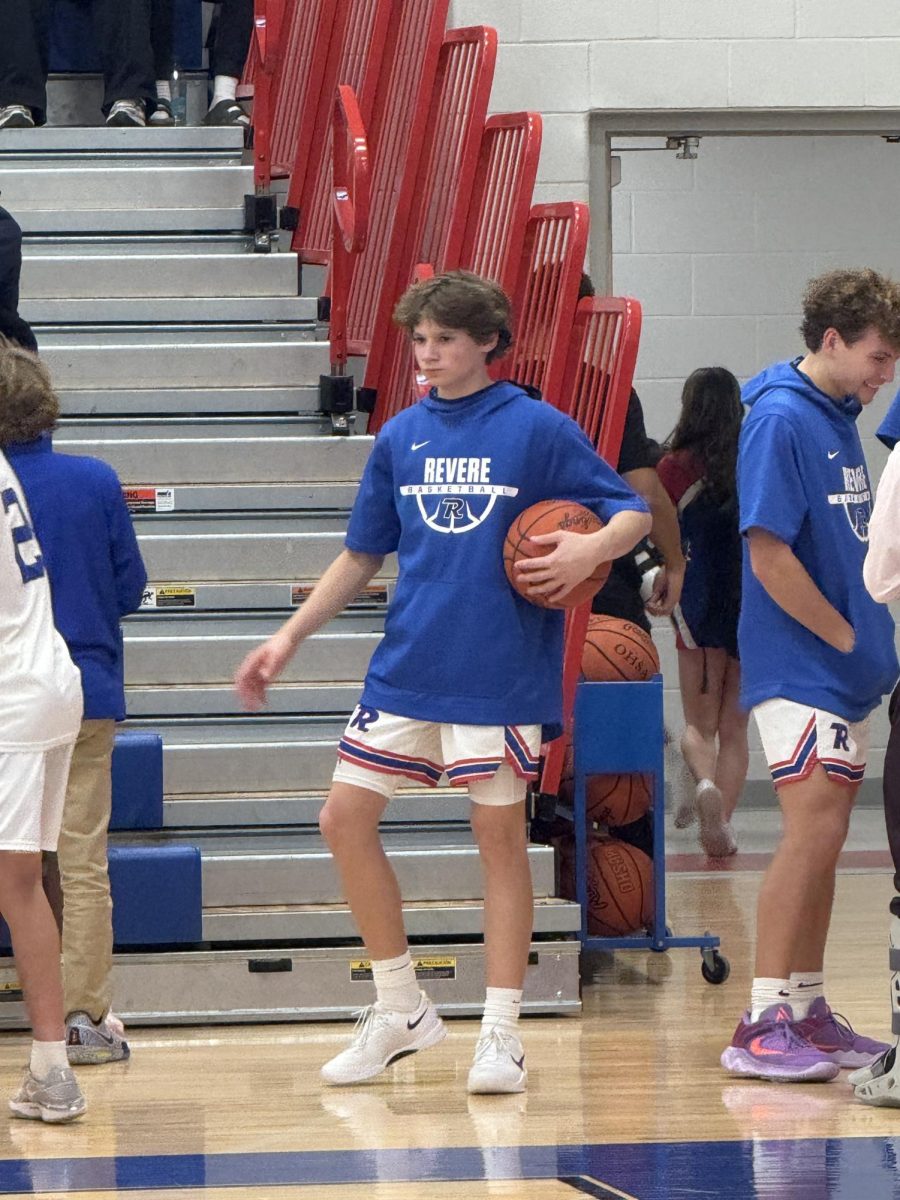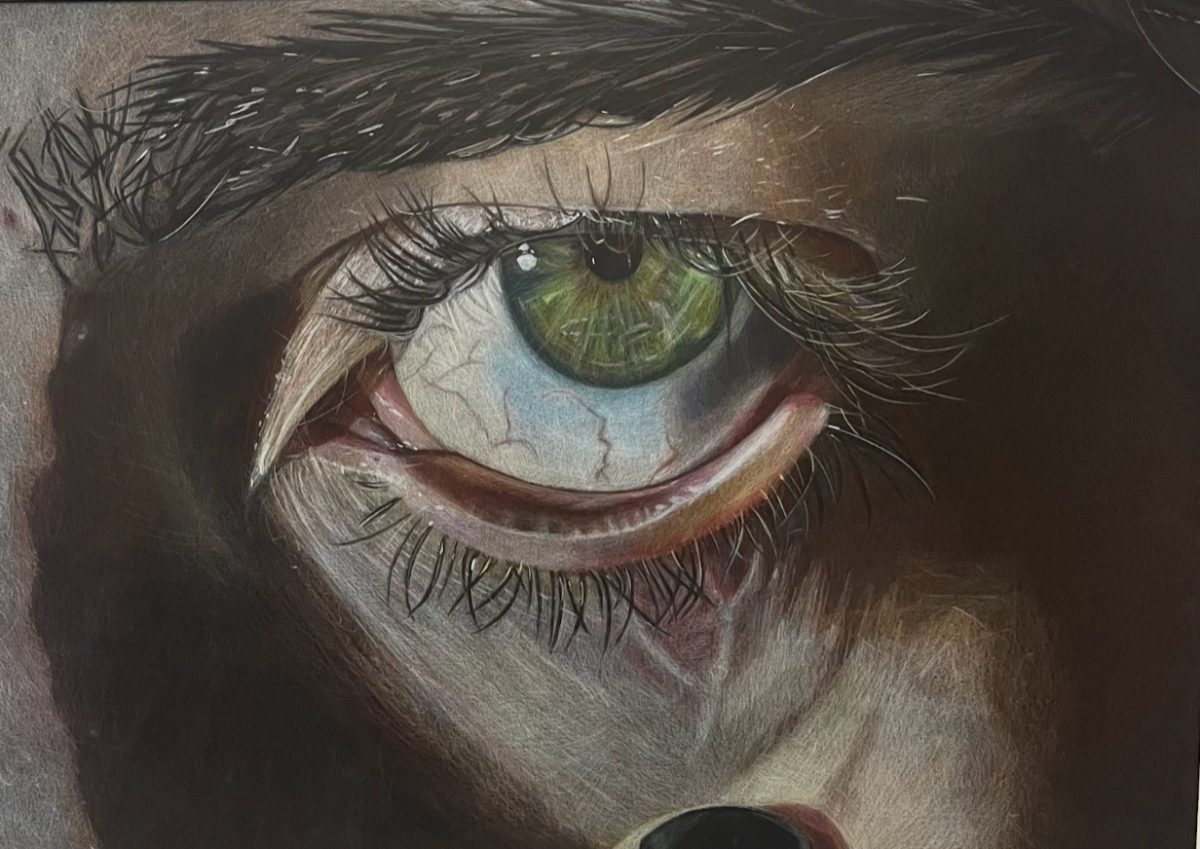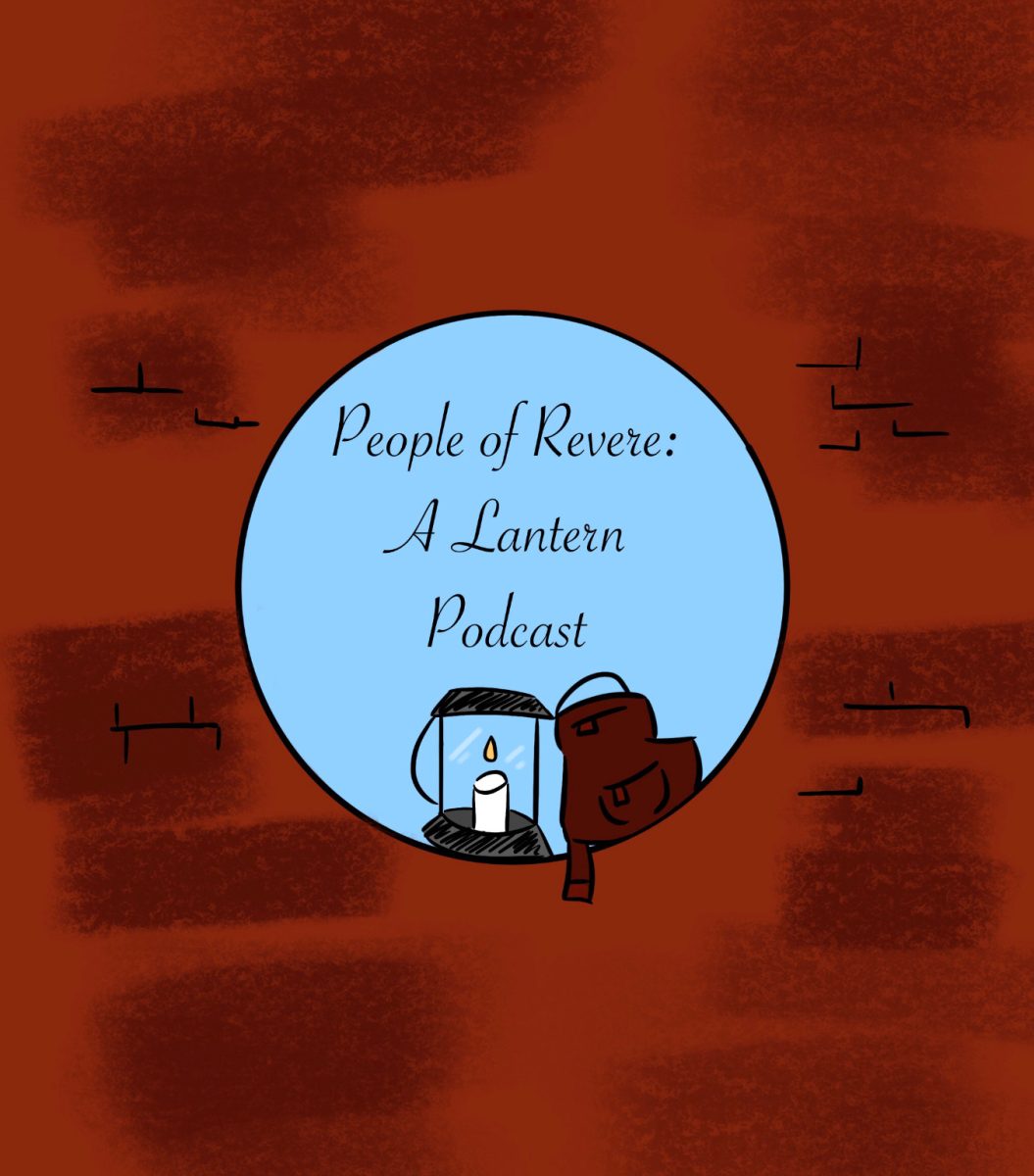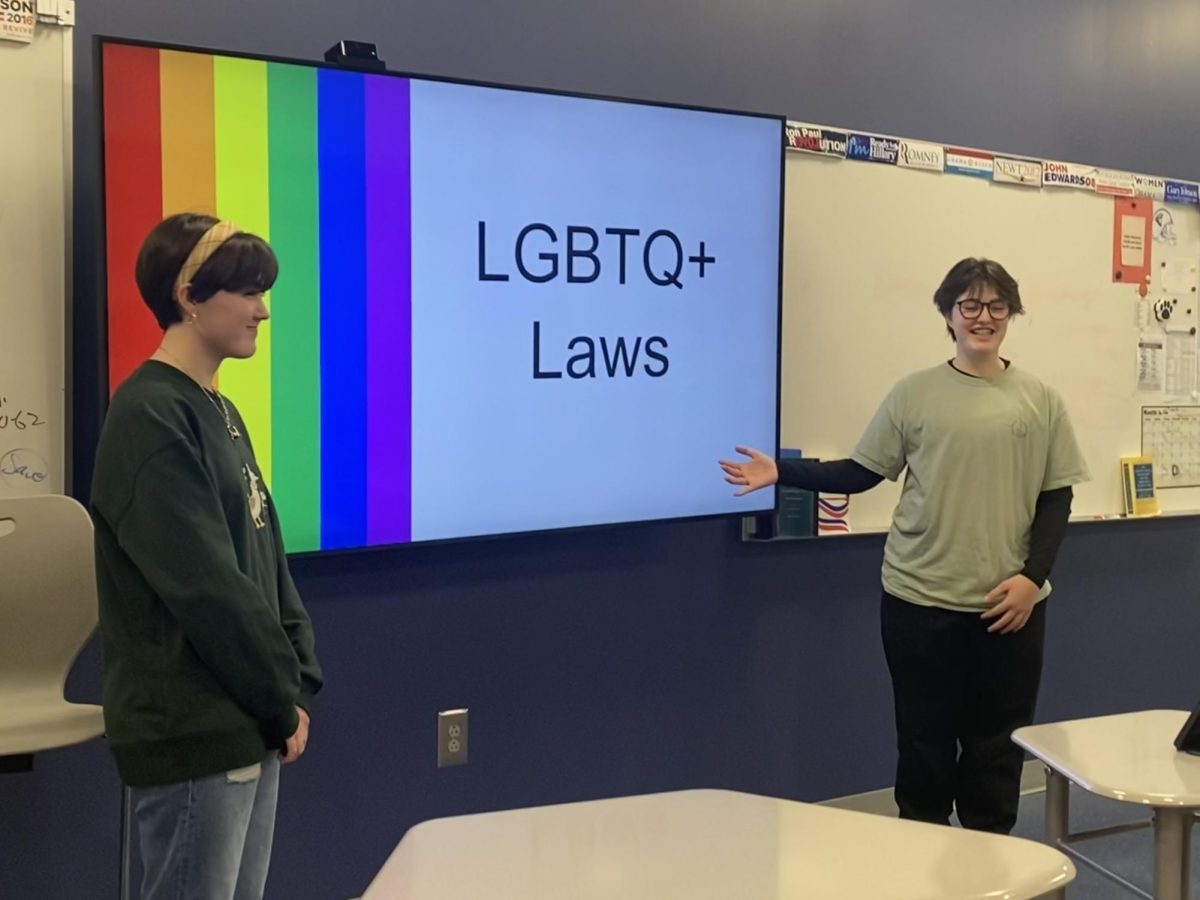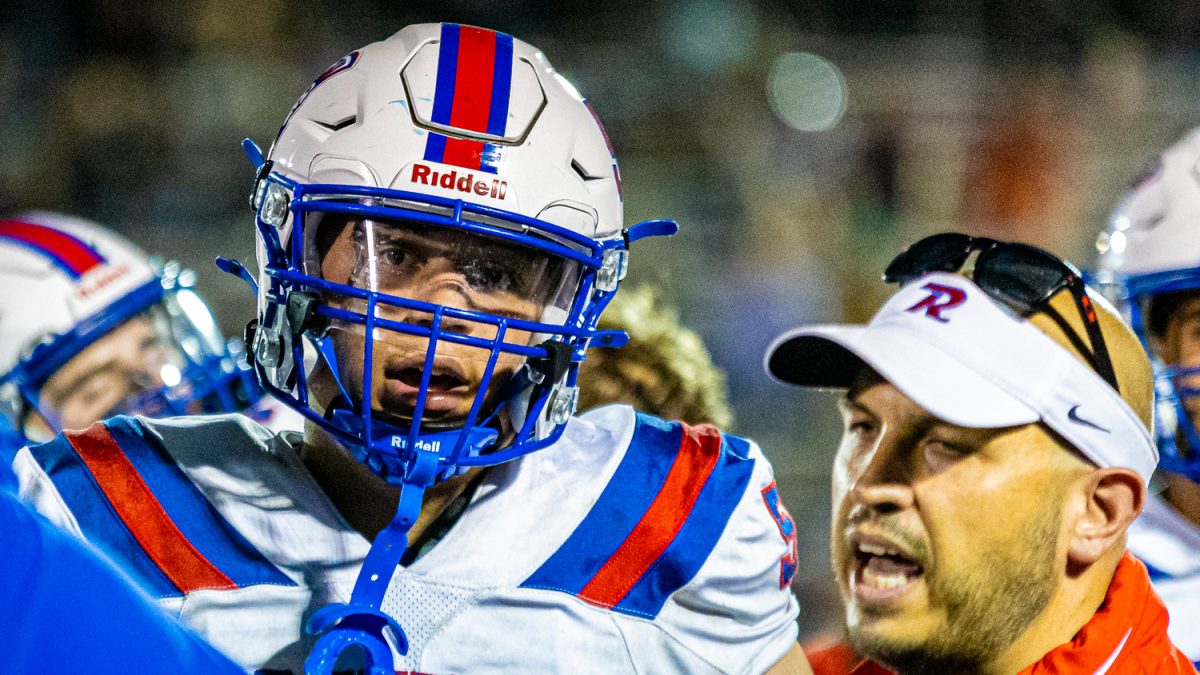
From autonomous cars to at-home voice-activated search devices, Artificial Intelligence (AI) has become a prominent part of our culture. Despite the technology having started as a mere concept, it seems that wherever one looks, AI tools have integrated into society.
Now, AI has taken another step in its advancement. Having transformed from a simple fact-telling machine into one that can replicate human knowledge and skill, analyse hundreds of sources and generate work in seconds, AI’s abilities seem to be growing.
This revelation has never been more obvious until now. With the rise of generative AI tools such as ChatGPT and Bard, heads have begun to turn and school districts—including Revere—are no exception.
Similar to teachers from other subjects, those working in science at Revere High School have varying views on the devices and whether or not they have a place in their classrooms. Joshua Schaefer, a physical science and physics teacher, acknowledges that AI is an ever-present aspect of society and thus believes educators should embrace the tools.
“I thought about [incorporating AI in class]. I played around with it a little bit, but I just haven’t thought of a way to better integrate it into anything in particular at the moment, because it’s still pretty new. . . . I’m hopeful to use it eventually and implement it somehow, but I don’t want to be scared of it and not use it, because technology is always advancing and we [have got to] embrace it at some point,” Schaefer said.
There are many uses for the devices, such as generating photographs, creating a simulation or constructing practice tests. Although Schaefer does not yet have a set policy regarding AI, he is open to students using the tools as long as it assists them in learning.
“It’d be great if [AI] could be used as a study tool. It could explain things maybe better than I could as a teacher; if it helps them study, it’d be perfect,” Schaefer said.
Although the possibility of AI being used outside of the classroom as a means to further explore a topic Schaefer is open to, he does not have a plan to integrate the tool into the nearly hour-long class periods he has with students. He is willing to implement the devices if he can find a use for it, however.
“If I could find a way for [AI] to help kids—maybe explain things a little bit better or a different way than I can, maybe to write or try to figure out a lab or just write a procedure for a lab—[it] would be nice. I just haven’t had time to play with it yet,” Schaefer said.
Concerns regarding AI still exist despite the positives that some educators believe it brings to the table. With tools like Bard, ChatGPT and others taking information from users across the globe and learning from it, questions about whether the devices may be unreliable often come up in conversations surrounding the instruments. Similarly, the fear that students may not learn from the information they generate is something that Schaefer considered.
“When it’s an opinion paper or something that is based on [student’s] opinion and their opinion only, [AI] shouldn’t be used because—as unbiased as AI can be—there has to be some bias in there because it learns from everything else and whatever other people put into it. . . . [I also anticipate] AI doing the work for the students and the students not learning anything,” Schaefer said.
Not all minds think the same way, even if educators teach the same subject. Jeff Shane, another physics teacher at RHS, does not see how AI—generative or not—can impact a course like his own.
“In science, we don’t have papers to write; it’s lab and data. So [AI] doesn’t really play a huge role in our world. . . . I just don’t see any benefit from it. [Physics is] problem-solving and figuring out how the world works. There’s no reason to reference AI and have them do anything. I don’t see a use for it right now,” Shane said.
Similar to others in his department, Shane does not have a policy addressing the tools. To ensure this was the case, he sent an email to his coworkers asking if they had a policy or if they planned to implement AI in their classrooms.
“No one in my department has [an AI policy]. I took a survey, . . . I sent an email out and . . . no one uses it. No one has talked about it. No one has considered it,” Shane said.
As these devices are new to the scene, it is difficult to determine whether or not AI plays a role in the future of science classes. Though it may not impact his class now, Shane recognises the possibility of these tools finding a place in physics in the coming years.
“[AI is] not relevant to us right now. It may be a year or two; who knows how things will go,” Shane said.
Despite the lack of need for AI in his classroom, Shane is open to students using the device as a study tool or to assist with homework, though he sees no use for it as he already provides answers to students’ work in class.
“All my homework problems I give . . . the kids the answers anyway so they can check their work,” Shane said.
Physics and physical science are not the only other classes taught at Revere. Paul Fisher, a biology teacher at RHS, is another aware of AI but one who has not created a policy to address it.
“I don’t have a current policy regarding AI. . . . I have not [had] enough experience using AI to comfortably incorporate that in my classroom; it’s something I am exploring,” Fisher said.
With how new the technology is, however, it’s uncertain what the future holds. Despite this, Fisher is already coming up with ways AI can assist students and how he can integrate the devices into his classroom.
“It could get rid of some mundane tasks for my students; let them use AI for that instead. [Let them] focus on critical thinking,” Fisher said.
At the speed at which technology is advancing, it is hard to keep up with the latest versions or kinds of processes AI gadgets have undergone. Fisher fears that students, potentially being more tech-savvy than himself, may know more than he does about these tools.
“I would be concerned that the students know a lot more than I would,” Fisher said.
Though the future of the instrument is unclear, educators from all subjects will continue to explore or look out for AI and its impact on their classes.






